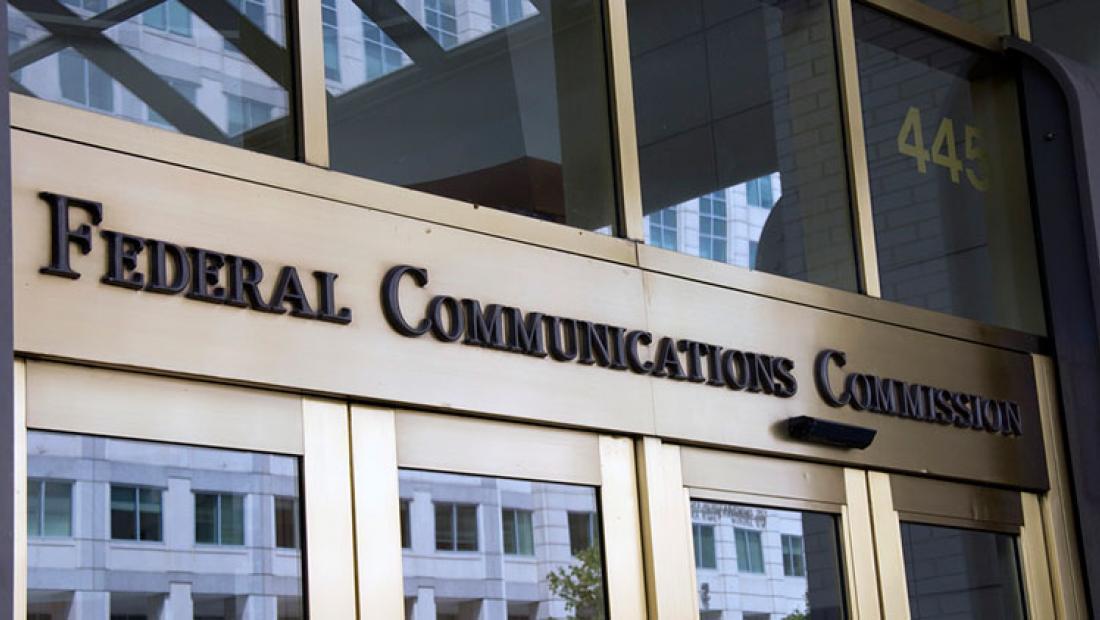ACLU to Cities on Net Neutrality: Roll Your Own

The smarter way to stay on top of broadcasting and cable industry. Sign up below
You are now subscribed
Your newsletter sign-up was successful
The American Civil Liberties Union has released a report that proposes that cities and towns become their own ISPs to ensure network neutrality.
The ACLU was opposed to the FCC's Dec. 14 vote to eliminate the rules against blocking, throttling and paid prioritization, and is a fan of the municipal broadband buildouts the new report is advocating.
The ACLU said that despite that FCC vote, and the Congressional Review Act resolution that overturned the former FCC's online privacy framework, "municipal governments still have the option of providing broadband service themselves and implementing the net neutrality and privacy protections that are no longer required of private companies by federal policies."
Many states are creating their own net neutrality laws and contract terms, but the ACLU wants cities and towns to create their own net neutrality. It sent a copy of the report to 100 mayors and other officials who have expressed opposition to the FCC's reg rule rollback.
Related: Powell Says Facebook Troubles Expose ‘Mythology’ of Openness
By making broadband access a utility, the group said, communities can give consumers the service they actually want, including preventing their data from being gathered and sold, though that would only apply to the providers, not the edge providers that commercial ISPs have been pointing out do most of the aggregating and selling.
The ACLU conceded that would be an uphill battle in the 20-plus states that have banned or restricted municipal buildouts. Such prohibitions are backed by ISPs, which have argued that muni buildouts that don't become going concerns leave taxpayers holding the bag or, depending on how access to broadband is defined (i.e., by speed, by price) wind up overbuilding existing service with a government subsidy.
The smarter way to stay on top of broadcasting and cable industry. Sign up below
Related: USTelecom Says 'Hell No' to State Net Neutrality Laws
The ACLU made clear that its definition of high-speed broadband availability means "accessible and affordable for all."
Among the options the report considers are public-private partnerships for muni buildouts, but there could be a problem.
"We don’t know whether courts will find network neutrality rules imposed on private partners to be pre-empted by the FCC’s December 2017 order eviscerating network neutrality," the report said.
Contributing editor John Eggerton has been an editor and/or writer on media regulation, legislation and policy for over four decades, including covering the FCC, FTC, Congress, the major media trade associations, and the federal courts. In addition to Multichannel News and Broadcasting + Cable, his work has appeared in Radio World, TV Technology, TV Fax, This Week in Consumer Electronics, Variety and the Encyclopedia Britannica.

